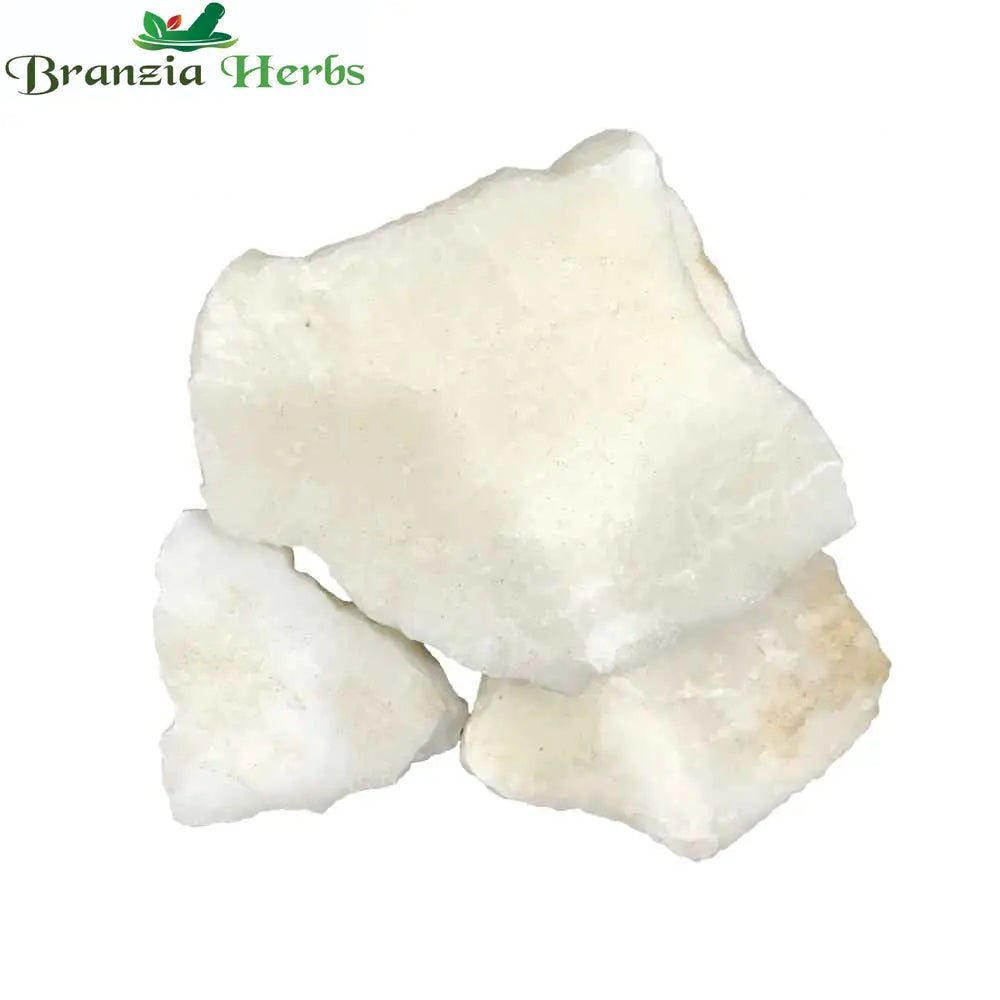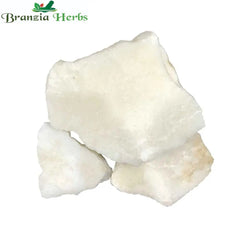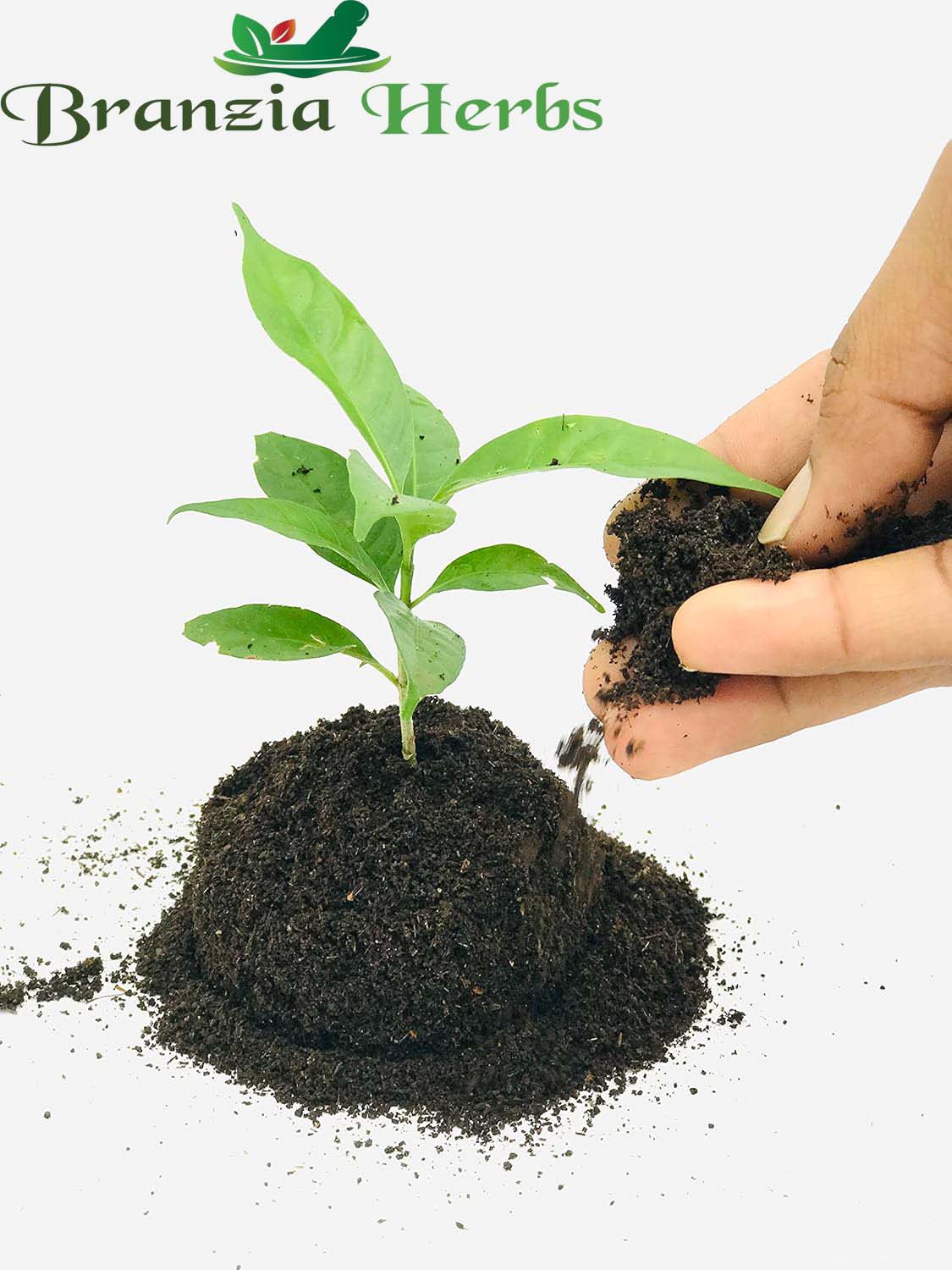

- Choosing a selection results in a full page refresh.
Available 24/7 at
+917568777778


Ayurvedic Medicine:
Traditional Remedies:
Processing:
Formulations:
Dosage:
Toxicity:
Pregnancy and Breastfeeding:
Interactions with Medications:
Regulations:
Get the latest updates on new products and upcoming sales
Thanks for subscribing!
This email has been registered!
